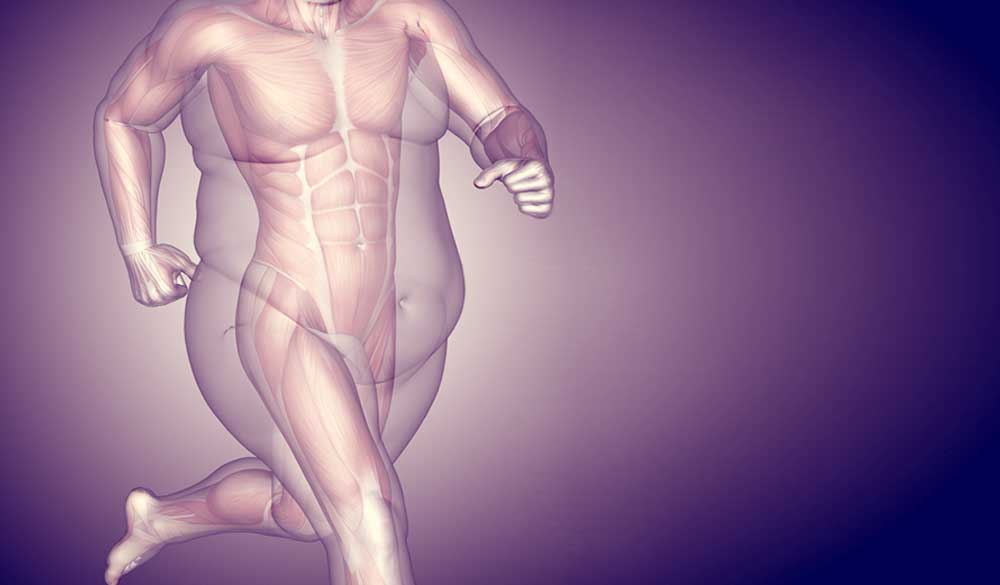Robert Buist ● 1 min read
It appears that compared to lean people, obese people have more pathogenic, or infectious bacteria, in their guts. These bacteria are very effective at extracting and storing energy from food.[1] And after weight loss, the gut bacteria will change back to the more healthy strains [2,3] seen in lean people. So there seems to be a metabolic dialogue between you and your gut bacteria.
To investigate this relationship further, scientists took the gut bacteria from obese mice and transplanted them into lean mice with no gut bacteria. After two weeks, the lean mice had become 60% fatter, without any changes to their food intake or activity levels.[3] Not only that, their fat cells had expanded in size, their blood glucose levels were higher, and their insulin was no longer able to cope (insulin resistance). The obese mice gut bacteria are also able to boost triglyceride (fat) production and fat storage. In short, there is greater fat production and storage in obese animals, all from having the wrong bacterial balance in the gut.
So what does all this mean for the person wanting to lose weight?
It means that if a calorie-restricted diet isn’t working, there could be the wrong balance of bacteria in the gut. And what you eat is almost as important as how much you eat, because anything that decreases bifidobacteria and other friendly bacteria, and increases pro-inflammatory bacteria, can contribute to obesity. Simply put, it would be wise to start incorporating into the weight loss diet anti-inflammatory probiotics such as Lactobacillus acidophilus and Bifidobacterium lactis to promote healthy bacterial balance in the gut. High-satiety, soluble fibres such as low-energy-dense polysaccharide prebiotics have also been found to be directly helpful,[4] in addition to providing fuel for beneficial gut bacteria.
References
- Turnbaugh PJ, Ley RE, Mahowald MA, et al. An obesity-associated gut microbiome with increased capacity for energy harvest. Nature 2006:444(7122):1027-1031. [Abstract]
- Ley RE, Turnbaugh PJ, Klein S, et al. Microbial ecology: human gut microbes associated with obesity. Nature 2006:444(7122):1022-1023. [Abstract]
- DiBaise JK, Zhang H, Crowell MD, et al. Gut microbiota and its possible relationship with obesity. Mayo Clin Proc 2008;83(4):460-469. [Full Text]
- King NA, Craig SA,Pepper T, et al. Evaluation of the independent and combined effects of xylitol and polydextrose consumed as a snack on hunger and energy intake over 10 d. Br J Nutr 2005;93(6):911-915. [Abstract]
DISCLAIMER:
The information provided on FX Medicine is for educational and informational purposes only. The information provided on this site is not, nor is it intended to be, a substitute for professional advice or care. Please seek the advice of a qualified health care professional in the event something you have read here raises questions or concerns regarding your health.



